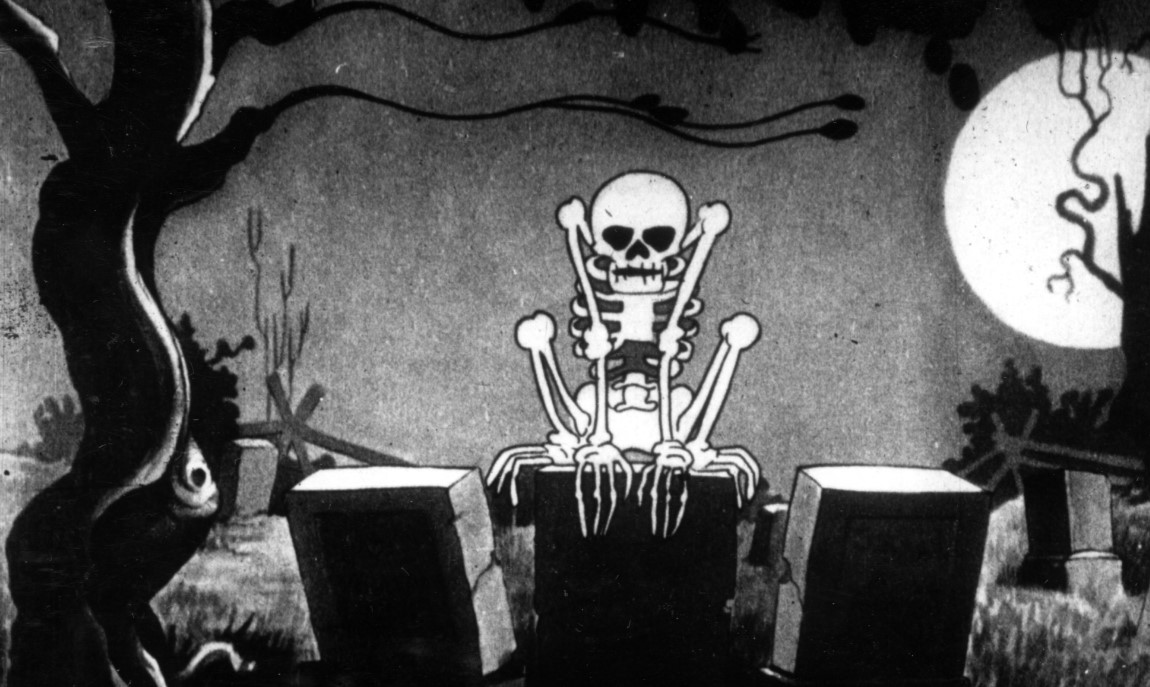Biography of Sachin Tendulkar

Sachin Ramesh Tendulkar, often referred to as the "Master Blaster" and the "Little Master," is a former Indian cricketer and one of the greatest batsmen in the history of the sport. Born on April 24, 1973, in Mumbai, Maharashtra, Tendulkar's cricketing journey is marked by records, achievements, and an enduring impact on the game.
Early Life and Introduction to Cricket: Sachin Tendulkar's tryst with cricket began at a very young age. His elder brother, Ajit Tendulkar, introduced him to the game, recognizing Sachin's talent and passion. Sachin's prodigious skills were apparent even as a child, leading to his enrollment in the Shardashram Vidyamandir School, where he received formal cricket training under Coach Ramakant Achrekar.
Debut in International Cricket: Tendulkar made his debut for the Indian cricket team at the age of 16 on November 15, 1989, in a Test match against Pakistan. His debut came amid high expectations, and he quickly displayed his immense talent by facing the fearsome Pakistani pace attack with confidence and composure.
Cricketing Achievements: Throughout his illustrious career spanning over two decades, Sachin Tendulkar achieved numerous milestones and records. He became the highest run-scorer in both Test and One Day International (ODI) cricket, amassing a staggering number of runs and centuries. Tendulkar's batting technique, balance, and ability to adapt to various formats of the game earned him admiration from players, fans, and experts alike.
Cricketing Style and Specialties: Tendulkar was known for his impeccable technique, sublime timing, and a vast array of strokes that he could execute effortlessly. His ability to play both fast bowlers and spinners with equal mastery made him a complete batsman. He had an innate sense of reading the game, which allowed him to adjust his approach based on the match situation and opposition.
World Cup Victories and Contributions: Tendulkar played a pivotal role in India's cricketing achievements, particularly in World Cup tournaments. He was a part of the Indian team that won the ICC Cricket World Cup in 2011. His contributions with the bat were crucial to India's success in the tournament.
Retirement and Legacy: Sachin Tendulkar bid farewell to international cricket on November 16, 2013, after a highly celebrated career. His retirement marked the end of an era, leaving a void in the cricketing world. His legacy lives on through the records he set, the moments of brilliance he provided, and the inspiration he gave to countless aspiring cricketers.
Post-Retirement: After retiring from international cricket, Tendulkar has remained involved in various cricket-related endeavors. He mentors young cricketers, provides expert commentary, and is an ambassador for the sport. He also serves as a member of the Indian cricket board and has been active in philanthropic initiatives.
Honors and Recognition: Sachin Tendulkar's contributions to cricket have earned him numerous accolades and awards, both in India and internationally. He was awarded the Bharat Ratna, India's highest civilian award, in 2014, making him the first sportsperson to receive this honor.
Conclusion: Sachin Tendulkar's impact on cricket goes beyond numbers; it extends to his influence on the sport's popularity, his role as a role model for aspiring cricketers, and his embodiment of the spirit of the game. His dedication, humility, and exceptional cricketing skills have made him an iconic figure not just in India, but in the global cricketing community




